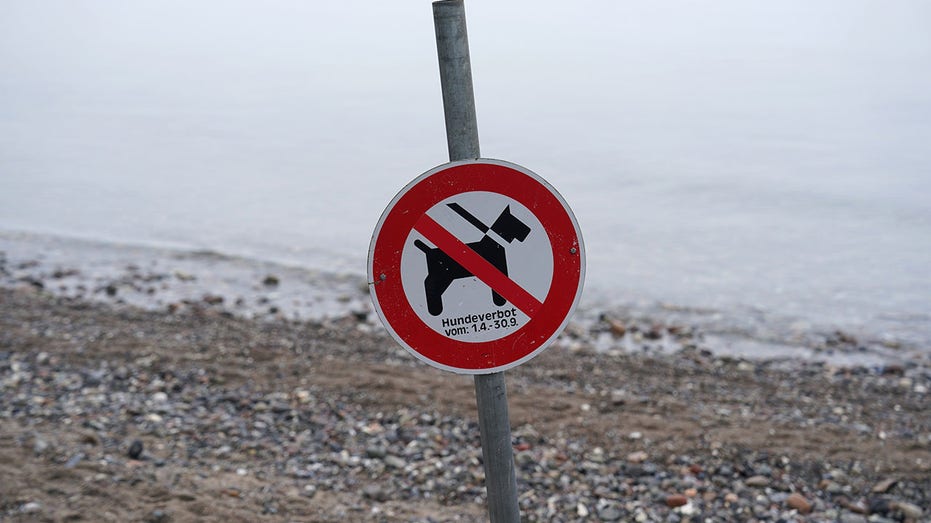
A climate change group has submitted a suggestion to Welsh government officials to create dog-free zones in an effort to combat racism, according to reports.
An environmental group has advised the Welsh government to create dog-free zones in an effort to make the outdoors less racist and more inclusive.
A report by the Climate Cymru BAME identified a series of proposals, including the creation of “dog-free areas in local green spaces.”
The reason for the suggestion wasn’t disclosed in the report, which will be used by the Welsh government to “support policy teams” who are “developing and implementing” anti-racist plans for Wales,” The Telegraph reported.
DOGS WHO COMFORT SICK CHILDREN, LEAP OUT OF HELICOPTERS ARE NOMINATED FOR AMERICAN HUMANE AWARD
“We are committed to creating an anti-racist nation by 2030. Our Anti-Racist Wales Action Plan is built on the values of anti-racism and calls for zero tolerance of all racial inequality,” a government spokesman told the publication.
The report was part of an assessment of “racism relating to climate change, environment and rural affairs” to steer how green spaces can be made to align with the Labour Party’s 2022 Anti-Racist Wales Action Plan, according to the newspaper.
Welsh government officials concluded that ethnic minorities face “barriers” to the outdoors created by “exclusions and racism.”
In addition, barriers to outdoor activities include the perception that growing food in gardens or allotments is an activity “dominated by middle-aged white women.”
PEANUT THE PET SQUIRREL TAKEN AWAY BY NEW YORK STATE OFFICIALS FROM ADOPTED HOME, MAY BE EUTHANIZED
Other recommendations submitted by the North Wales Africa Society said “dog-free areas” should be created, citing focus groups in which “one black African female stated that she feels unsafe with the presence of dogs.”
One person reportedly said that “the green spaces are not respected in areas where there is a bigger population of ethnic minority people.”
Other issues voiced were a lack of access to public transportation to non-urban green spaces and poor air quality in towns and cities.
The Welsh government’s report concludes that “people of ethnic minority background in Wales face barriers created by exclusions and racism.”






